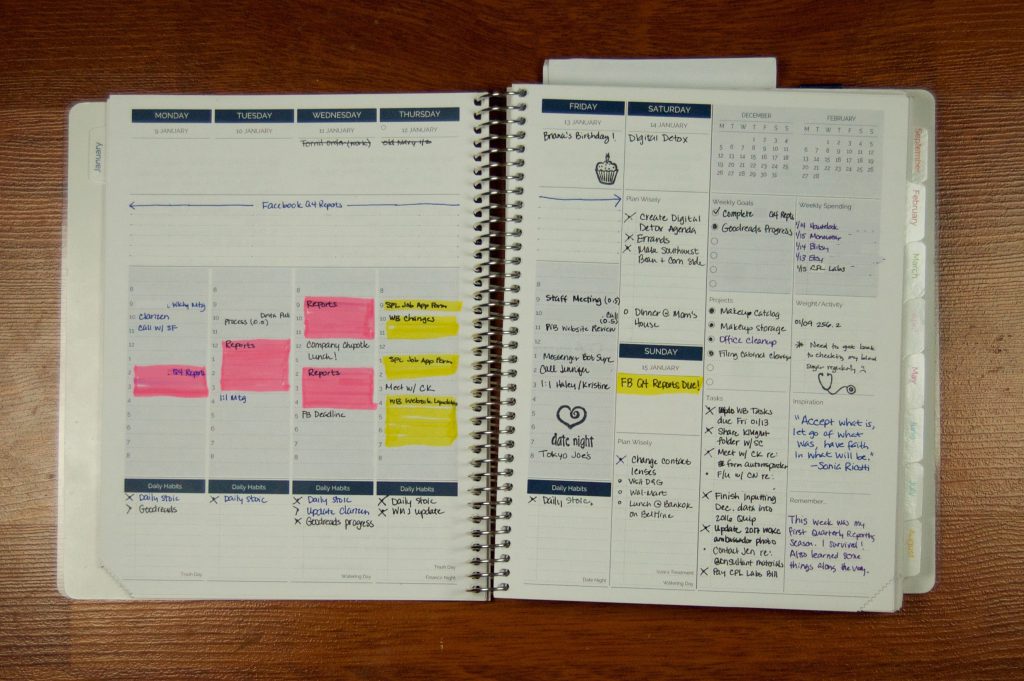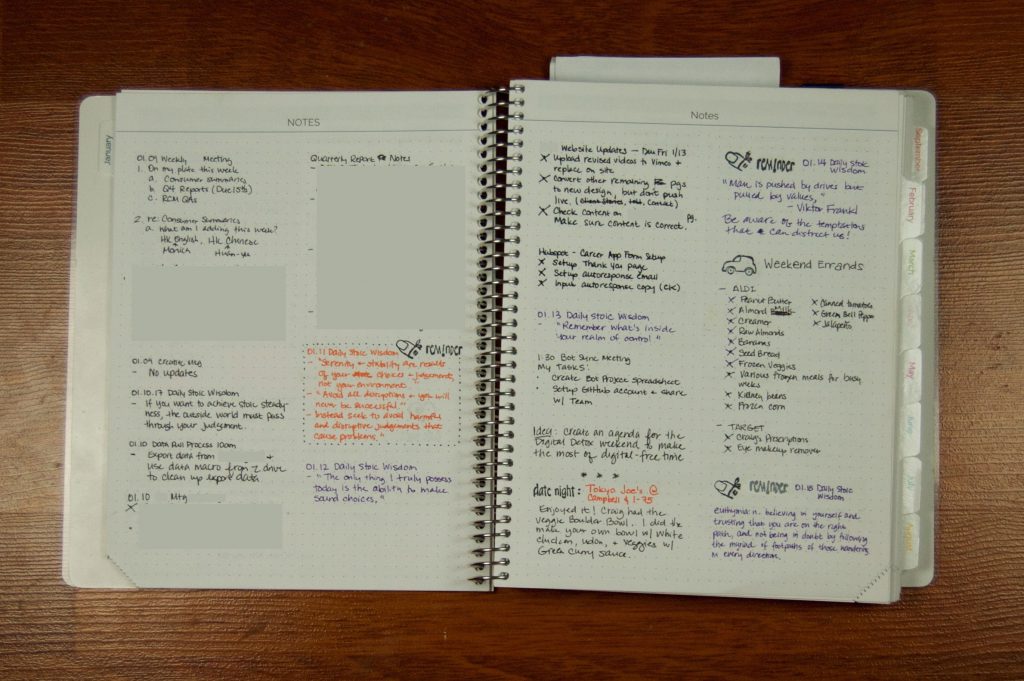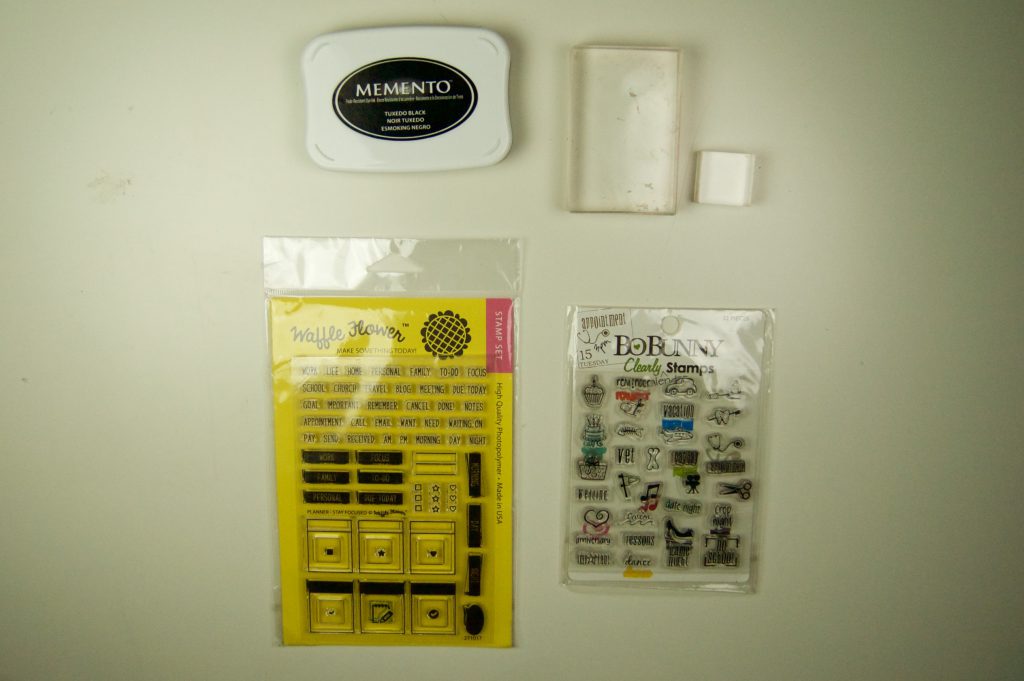If you check in on my Friday posts, I usually reflect on what I’ve read during the week in my daily reader (read my post The Daily Stoic by Ryan Holiday: 2017 Reflectional Reader). The month of February is all about passion and emotions. If anything, this is what stoicism is most commonly associated with so I was pretty happy to learn that this would be the subject matter. One of the things I’ve either inherently known all my life, or learned early on, is that to control emotions can be as simple as applying logic.
“Keep this thought handy when you feel a fit of rage coming on—it isn’t manly to be enraged. Rather, gentleness and civility are more human, and therefore manlier. A real man doesn’t give way to anger and discontent, and such a person has strength, courage, and endurance—unlike the angry and complaining. The nearer a man comes to a calm mind, the closer he is to strength.” -Marcus Aurelius, Meditations, 11.18.5b
Facebook Is a Test of Emotional Resilience
With the tumultuous political landscape, these last couple weeks have certainly been a test of mental and emotional strength. Oh, the numerous times I’ve wanted to yell at my phone after reading the latest headline from our Idiot President and his Administration of Unqualified Lackeys. Believe me, in the beginning I shared almost every post that angered me and accompanied it with an enraged comment.
But after a while, something changed. I realized it was taking an emotional toll on me. By applying a little logic, I learned my anger wasn’t productive. I think that’s the important thing to recognize when our goal is to control emotions. We have to ask ourselves: how is this beneficial?
This is not to say that anger, frustration, and anxiety are not valid emotions. They are part of the myriad of human feelings and should be accepted as equal to the others. These feelings should be acknowledged as valid, but dismissed due to their lack of positive contribution.
“Frame your thoughts like this—you are an old person, you won’t let yourself be enslaved by this any longer, no longer pulled like a puppet by every impulse, and you’ll stop complaining about your present fortune or dreading the future.” -Marcus Aurelius, Meditations, 2.2
Eventually I stopped leaving my angry comments on Facebook. Instead I started creating new notes in Evernote, a subscription note service, and venting there. I knew my negative energy needed to be channeled, but I didn’t want to put it out into the the world. Evernote allowed me to pour it out into a private space so that I didn’t just bury it deep inside.
Not Every Instigation Needs a Response
“Fans and opponents called boxer Joe Louis the ‘Ring Robot’ because he was utterly unemotional—his cold, calm demeanor was far more terrifying than any crazed look or emotional outburst would have been.[1]Page 41. Holiday, Ryan, and Hanselman, Stephen. The Daily Stoic: 366 Meditations on Wisdom, Perseverance, and the Art of Living. Penguin Random House LLC 2016.”
I admire that kind of demeanor, at least when the situation calls for it. In order to control emotions and stop the cycle of anger, we have to stop allowing ourselves to be provoked. We have to rise above our impulses and resist the urge to respond.
What is Friday Focus?
The Friday Focus post is an article related to the reflectional reader I’ve chosen for the year. It enables me to study and retain what I’m reading.
Interested in what I’m reading?
Buy The Daily Stoic by Ryan Holiday and Stephen Hanselman from Amazon Today
References
| ↑1 | Page 41. Holiday, Ryan, and Hanselman, Stephen. The Daily Stoic: 366 Meditations on Wisdom, Perseverance, and the Art of Living. Penguin Random House LLC 2016. |
|---|








 The truth is our best life is right here. It’s already happening as we speak.
The truth is our best life is right here. It’s already happening as we speak.